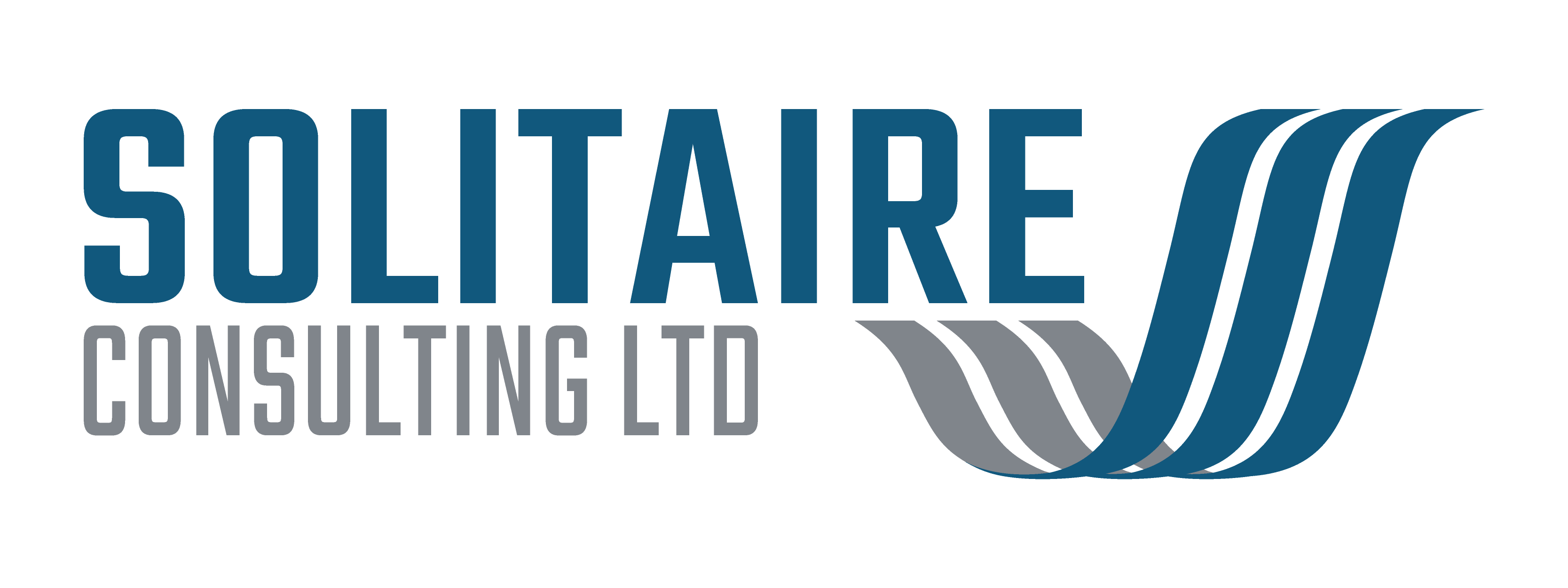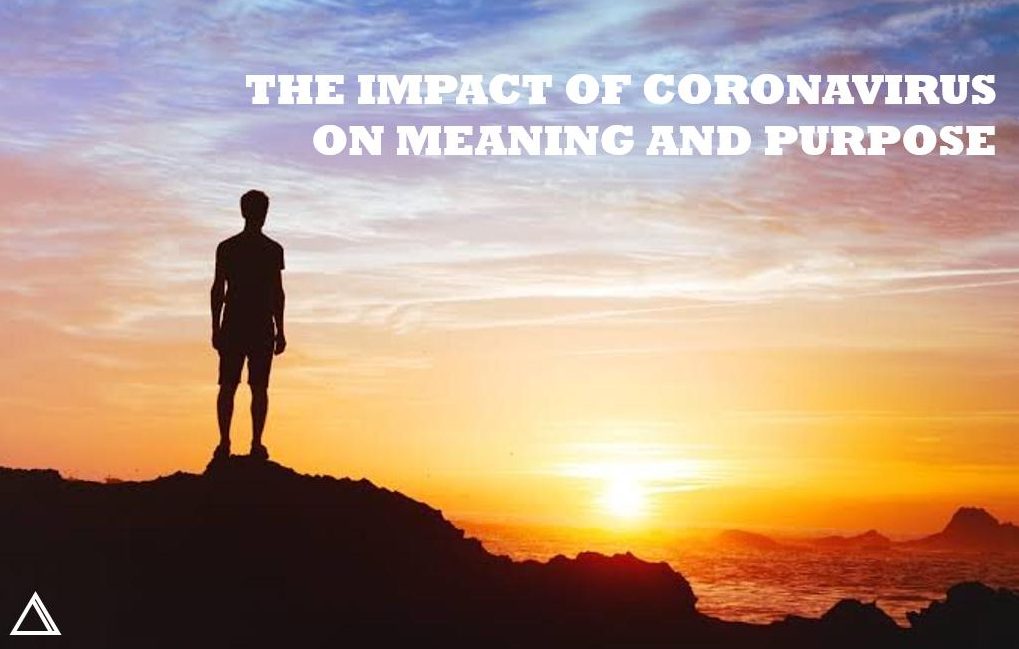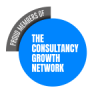Written by Tim Rogers, Associate Consultant Solitaire Consulting Ltd
We are very often defined by what we do. We do not say he or she does accountancy we say they are an accountant. We even define ourselves by what we do. We would not say I do triathlon, but we might say I am a triathlete.
So what happens when what we do or our ability to do it fundamentally changes? How does this affect us and our identity? How does Coronavirus, lock-down and home-working impact upon our meaning and values?
Some theory
William Bridges wrote about his life and value changing experiences, developing a transition model, when he retired from work. In short, the model identifies three stages people go through as they gradually enter and accept the new organisational landscape. The model mainly focuses on psychological change during the transitions between each stage.
Elisabeth Kbler-Ross in her 1969 book talked about the stages of grief. This has been recognised by many as equally applying to our reaction to change.
Denial: The first reaction is denial.
Anger: When the individual recognizes that denial cannot continue
Bargaining: The third stage involves the hope that the individual can avoid the situation
Depression: “I’m so sad, why bother with anything?”
Acceptance: “It’s going to be okay.” “I can’t fight it I may as well prepare for it.”
Viktor Frankl argued that we cannot avoid suffering but we can choose how to cope with it, find meaning in it, and move forward with renewed purpose. Frankl’s theory-known as logotherapy, from the Greek word logos (“meaning”)-holds that our primary drive in life is not pleasure, as Freud maintained, but the discovery and pursuit of what we personally find meaningful.
Julian B. Rotter in 1954, came up with the concept of a Locus of control: The degree to which people believe that they, as opposed to external forces (beyond their influence), have control over the outcome of events in their lives
Stephen Karpman suggested in the Drama Triangle that we get to choose a role.
The Victim: The Victim’s stance is “Poor me!”
The Rescuer: The rescuer’s line is “Let me help you.”
The Persecutor: (in this case Coronavirus, or Government or Conspiracy)
OK, that’s the theory. What does it mean?
Many people are valued for what they do rather than who they are. This is partly western culture and as much about how we valued ourselves as how society or employers value us. Under these circumstances being sent home with not enough to do may impact our sense of self-worth. The uncertainty, plus lack of control may create anxiety.
A lack of tasks or content in our day may create boredom or distress which we can resolve by filling with activity which may be constructive (hobbies or chores around the home) or destructive (excessive drinking, eating or social media). Being jobless (or simply without enough work to do) may make us feel useless and thus meaningless leading to depression, aggression or addiction.
A remedy may be to change your mindset from being without work to being on holiday. With a new angle of perception, we may find better pastimes to pass the time. Or to change our role within the existing context from Victim to Rescuer and take part in any of the voluntary on-line or off-line efforts to help people.
Frankl argued that we cannot simply be happy, any more than we can snap out of being depressed. The challenge instead is to find meaning, a reason to be happy: A cause (or a person) to serve.
My view is that it is better to be the captain of your ship rather than the crew of someone else and therefore better to pursue meaningful tasks to your own ends of none are forthcoming from your boss, spouse, family or community.
Irrespective of your view of fate or control, there may be moral obligation upon employers to find meaningful things for their colleagues to do. Not just for their occupation and mental health but also to maintain the link, loyalty and sense of belonging that is essential to a functioning community or a successful business.
Get in contact
If you to discuss these ideas or anything related to people, process or change please get in touch using the comments or Contact form.
References and links
William Bridges transition model
https://www.toolshero.com/change-management/bridges-transition-model/
Elisabeth Kbler-Ross stages of grief
https://en.wikipedia.org/wiki/K%C3%BCbler-Ross_model
Viktor Frankl
https://www.amazon.com/Mans-Search-Meaning-Viktor-Frankl/dp/080701429X
Drama Triangle
https://en.wikipedia.org/wiki/Karpman_drama_triangle
Locus of Control
https://en.wikipedia.org/wiki/Locus_of_control
About the author
Tim Rogers MBA MBCS is an experienced Project and Change Leader. He is founder of ciChange.org and curator for TEDxStHelier.Com . His roles have included Programme Manager for the incorporation of Ports of Jersey and Jersey Post, as well as Operations Change and Sales Support for RBSI/NatWest.
He is also a Commonwealth Triathlete and World Championships Rower. Tim has a passion for learning and has been a Tutor/Mentor for the Chartered Management Institute. He is a Chartered Member of the British Computer Society, has an MBA (Management Consultancy) and is both a PRINCE2 and Change Management Practitioner.
Tim is an Associate Consultant of Solitaire Consulting and runs his own independent consultancy trading under the name Adapt Consulting Company.





